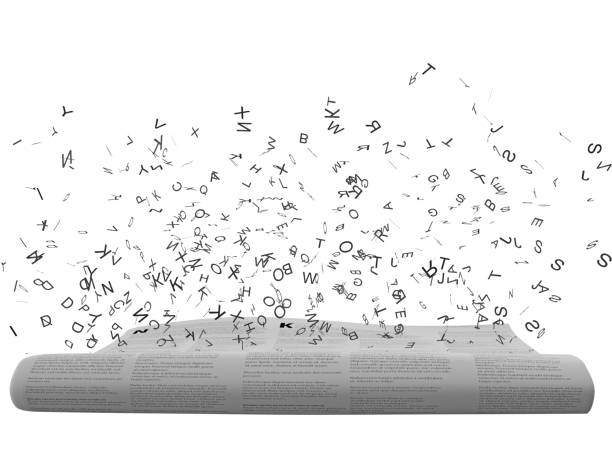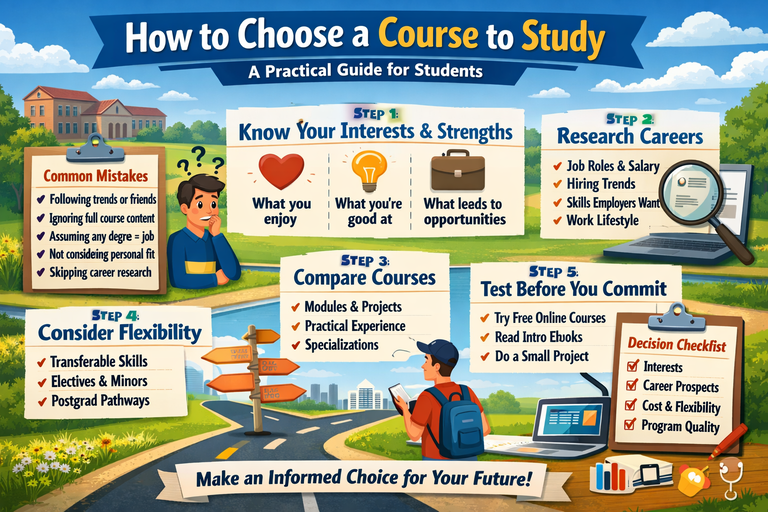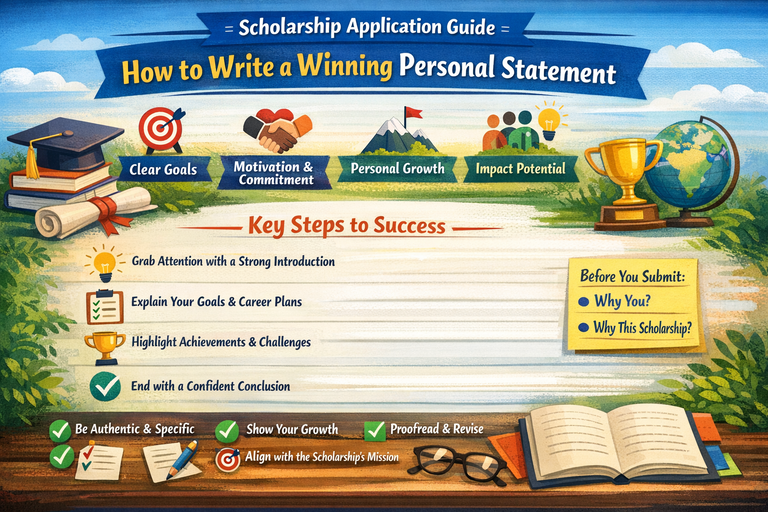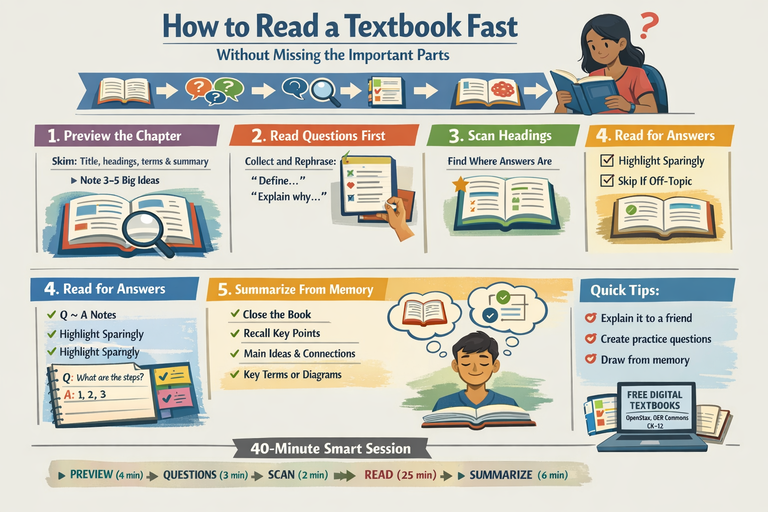How to Handle Negative Reviews and Criticism After Publishing
You’ve poured your heart, time, and energy into writing your book. You’ve revised, edited, and polished it until it shines. The launch is over, and readers are finally getting their hands on it. Then… it happens. You see your first negative review.
For many authors — especially debut writers — criticism can feel like a punch to the gut. But negative reviews are part of the publishing journey. Even the most celebrated books in history have one-star ratings.
The key to surviving — and even benefiting from — criticism is to develop a healthy mindset, practical coping strategies, and the ability to turn feedback into fuel for growth.
1. Why Negative Reviews Are Inevitable
No matter how good your book is, it won’t appeal to everyone. Readers have different tastes, expectations, and preferences. Even bestsellers by authors like J.K. Rowling, Stephen King, and Chimamanda Ngozi Adichie have thousands of critical reviews.
Reasons for negative reviews can include:
-
Mismatched expectations – The book wasn’t what the reader thought it would be.
-
Personal preference – The reader simply doesn’t like your style, genre, or themes.
-
Constructive criticism – Highlighting genuine issues like pacing, editing, or character development.
-
Trolling or unfair reviews – Comments unrelated to the actual content.
Accepting that criticism is inevitable helps you approach it with perspective.
2. The Emotional Impact of Criticism
It’s normal to feel hurt, defensive, or even angry when reading a bad review. This is your creative work — a piece of yourself. But reacting emotionally, especially in public, can damage your reputation as an author.
Emotional pitfalls to avoid:
-
Responding in anger – Public arguments rarely end well.
-
Obsessing over reviews – Constantly refreshing your Amazon or Goodreads page can drain your energy.
-
Letting it affect your writing – Fear of criticism can lead to self-censorship.
The first step in handling criticism is managing your emotions before taking action.
3. How to Read Reviews Without Losing Your Mind
If you choose to read reviews:
-
Take breaks – Don’t binge-read all reviews in one sitting.
-
Look for patterns – If multiple readers mention the same issue, it might be worth noting.
-
Separate taste from technique – Distinguish between “I didn’t like the plot twist” (subjective) and “The dialogue was hard to follow” (potentially actionable).
Consider having a trusted friend or fellow author read and summarize reviews for you, filtering out unhelpful ones.
4. When to Respond — and When Not To
When to Stay Silent
In most cases, the golden rule is: Do not respond to negative reviews. Engaging with a critic can escalate the situation and make you look unprofessional.
When a Response May Be Appropriate
-
If a reader emails you directly with constructive feedback.
-
If the review contains a factual error (e.g., wrong publication date) and you can politely clarify.
-
If someone leaves a malicious review violating a platform’s guidelines — in this case, contact the platform, not the reviewer.
5. Turning Criticism Into a Learning Tool
Constructive criticism can make you a better writer — if you approach it with the right mindset.
Steps to learn from criticism:
-
Identify recurring issues – Are readers mentioning the same weaknesses?
-
Evaluate honestly – Does the feedback align with your own doubts or beta reader comments?
-
Make a plan – If the criticism is valid, use it to improve future projects.
-
Don’t rewrite your book for one person – Changes should be based on a broader pattern, not one review.
6. Maintaining a Healthy Perspective
Remember:
-
You are not your book – A negative review isn’t a rejection of you as a person.
-
Taste is subjective – A reader’s dislike can be another reader’s favorite feature.
-
Even bad reviews can help – They make your review profile look authentic. Too many perfect reviews can seem suspicious.
Some authors even find that negative reviews generate curiosity. A reader might think: “It can’t be that bad — I’ll see for myself.”
7. Building Emotional Resilience as an Author
Resilience is your best defense against the sting of criticism.
Ways to build it:
-
Write your next book – Focusing on new work shifts your energy away from dwelling on reviews.
-
Engage with supportive readers – Keep fan messages, positive reviews, and kind emails in a “confidence file.”
-
Stay connected with other authors – They’ve been there and can share coping strategies.
-
Remember your “why” – Revisit the reasons you started writing in the first place.
8. Handling Public Criticism and Social Media Backlash
In the digital age, criticism can spread quickly on social media. If your book receives public backlash:
-
Pause before responding – Acting impulsively can worsen the situation.
-
Seek advice – Contact a trusted mentor or PR professional before making statements.
-
Acknowledge valid points – If criticism is fair, show you’re listening and willing to improve.
-
Avoid online arguments – They rarely change minds and can harm your image.
9. The Silver Lining of Negative Reviews
Believe it or not, negative reviews have benefits:
-
Credibility – A mix of good and bad reviews makes your book profile look genuine.
-
Engagement – Controversial or polarizing books often generate more discussion.
-
Reader self-selection – Negative reviews sometimes help the wrong audience filter themselves out, leaving you with readers who truly connect with your work.
10. Famous Authors Who Faced Harsh Criticism
-
Stephen King – His debut Carrie was initially rejected by 30 publishers.
-
J.K. Rowling – Harry Potter was turned down multiple times before success.
-
Toni Morrison – Faced mixed reviews early in her career before winning the Nobel Prize.
The lesson? Criticism doesn’t define your career — persistence does.
11. A Practical Action Plan for Authors Facing Criticism
-
Read selectively – Don’t subject yourself to every review.
-
Filter feedback – Keep what’s constructive, discard the rest.
-
Resist immediate responses – Give yourself time before reacting.
-
Keep perspective – One bad review doesn’t erase dozens of good ones.
-
Channel it into creativity – Use it to fuel your next project.
Conclusion
Negative reviews and criticism are part of life as an author — not a sign of failure, but proof that your work is reaching people. The most successful writers develop thick skin, learn from constructive feedback, and keep moving forward.
As you navigate the world of publishing:
-
Expect criticism.
-
Accept what’s useful.
-
Ignore what’s not.
-
Keep writing.
Because at the end of the day, the worst review you could ever get is the one you give yourself for never sharing your story at all.







